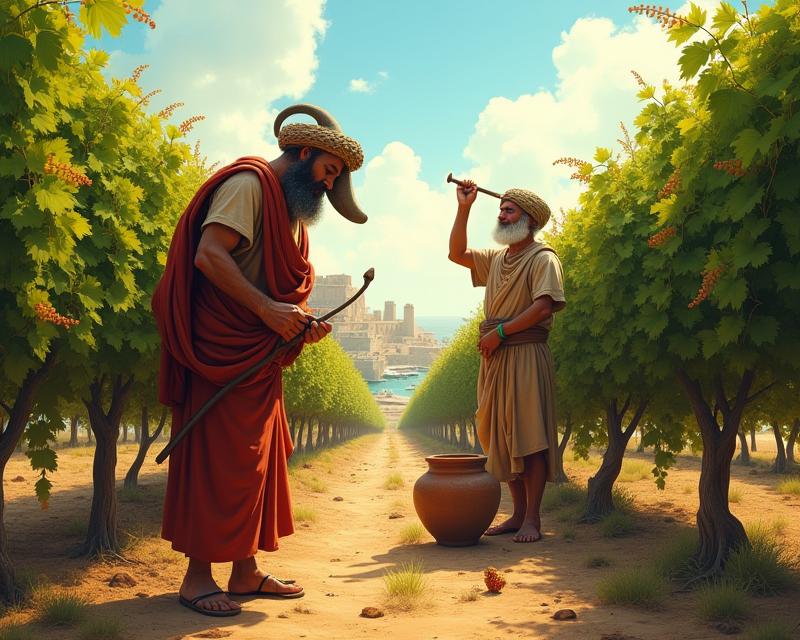War's Impact on Ancient Farms
Publish in Agriculture el 21/07/2025 01:03
War's Impact on Ancient Farms
Farmers, gardeners, and ranchers – we often focus on the present challenges of weather, pests, and market prices. But have you ever considered the profound impact of something far older and more disruptive: war? Throughout history, conflict has consistently reshaped agricultural landscapes and food systems, leaving lasting scars and forcing incredible resilience.

Think about it – for millennia, agriculture has been the backbone of civilizations. Ancient empires like the Romans, Greeks, and Egyptians depended on fertile lands to feed their populations and armies. Warfare directly targeted these vital resources. Armies routinely destroyed crops to deny sustenance to enemies – a tactic as old as civilization itself. Fields were burned, irrigation systems dismantled, and livestock slaughtered. The destruction wasn't just about immediate starvation; it was about crippling an opponent's ability to sustain itself.
The impact extended far beyond direct destruction. Warfare disrupted trade routes, making it difficult to transport food and supplies. Farmers were often conscripted into military service, leaving fields unattended and harvests uncollected. The constant threat of raids and invasions discouraged long-term investment in land. This led to a decline in agricultural productivity and, in some cases, widespread famine. Consider the Roman conquests – while bringing wealth and resources, they also often led to the exploitation of agricultural lands and the displacement of farmers, ultimately impacting long-term food security.
But history isn't just about destruction; it's also about recovery. After conflicts, communities often demonstrated remarkable resilience. Farmers would painstakingly rebuild irrigation systems, replant fields, and re-establish trade networks. Sometimes, war inadvertently led to innovation. Necessity is the mother of invention, and the challenges of rebuilding often spurred the development of new farming techniques and technologies. The need for more efficient food production after a devastating war often led to experimentation with crop rotation, improved plows, and new methods of storage. Understanding this history can help us appreciate the fragility of our own food systems and the importance of building resilience in the face of future challenges. It reminds us that even after the darkest times, agriculture can rebound, but it requires planning, adaptation, and community support.





